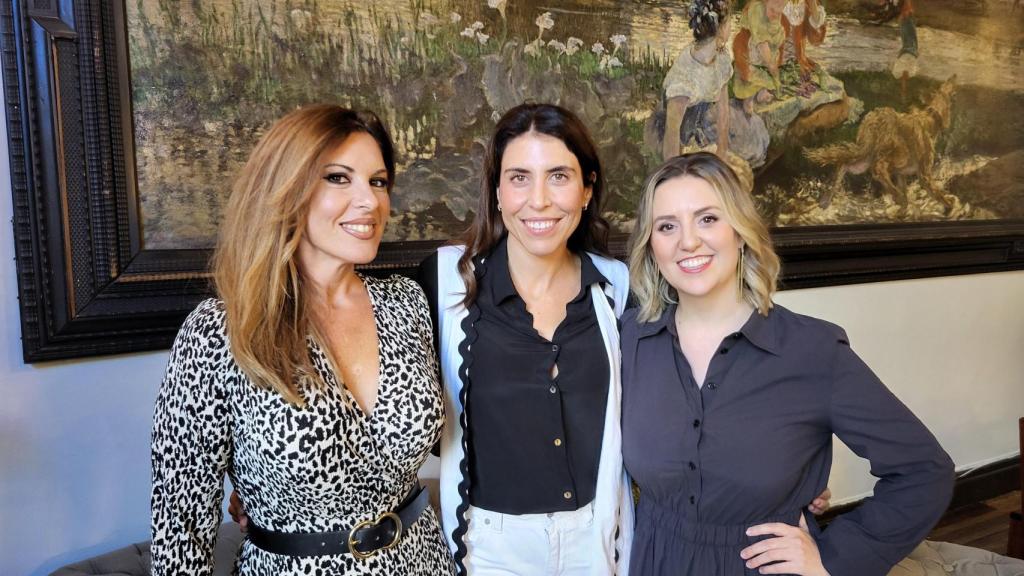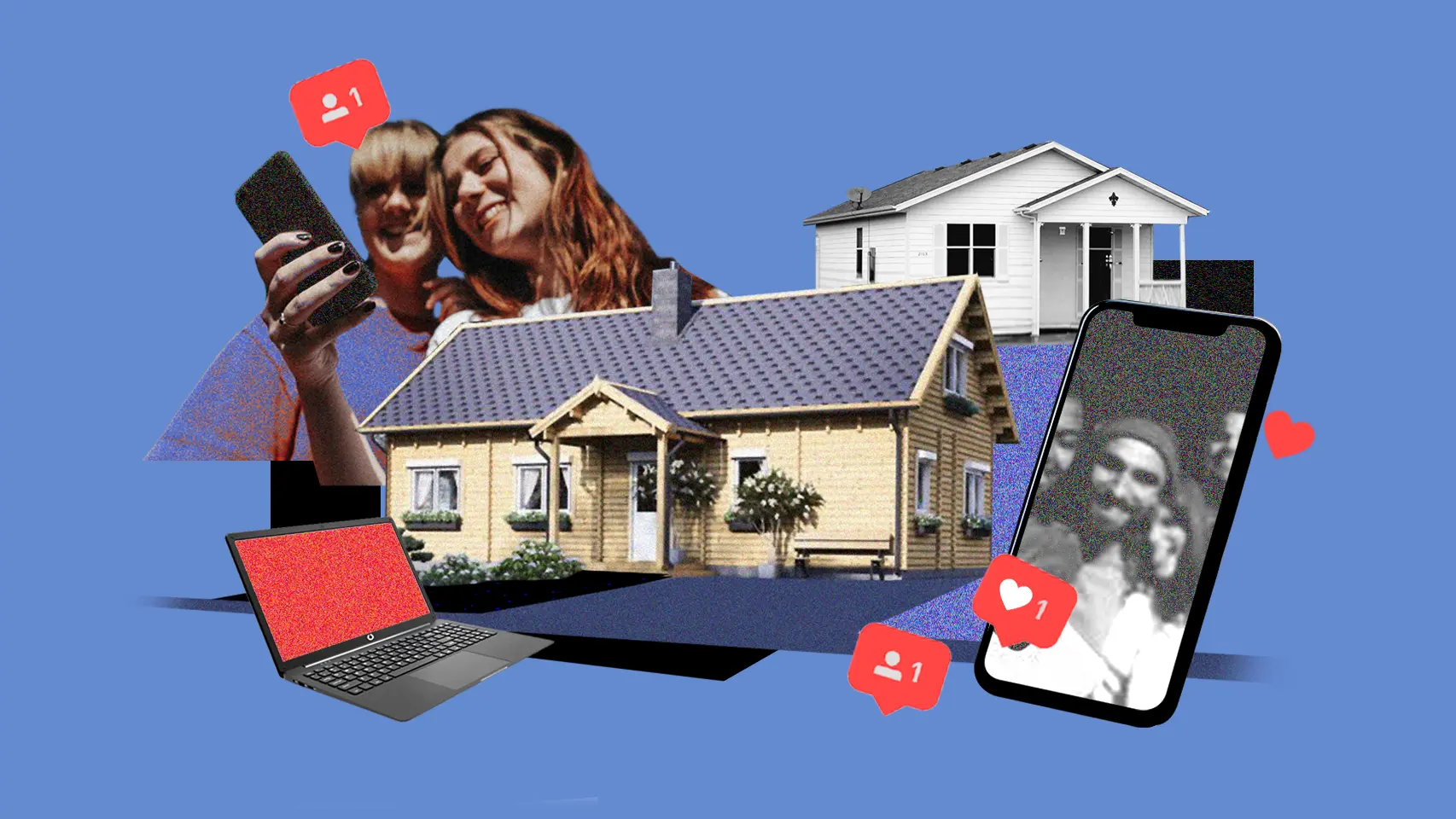

“Know yourself” for “manage what happens inside you“and power”have a full life“This is how they define mental health podcaster and journalist, Ana Brito, from Briten Showand the psychologist Silvia Llop, and the comedian Patricia Espejo, from the podcast Blessed Therapy. They talk about it at length in their programs.
These three communicators understand that communicating is a form of therapy and assure that not everything is one’s own responsibility. Ana Brito comes to this conversation with ENCLAVE ODS | EL ESPAÑOL five minutes late, after a very busy morning. That gives you the perfect hook to claim non-perfection.
“I think we are looking for something non-existent, We impose on ourselves to be the best friend, the best mother, the best daughter.…So much so that it does not give life. The time has come to take off our masks; We are not, nor do we have to be, such a good friend, nor such a good mother, nor such a good daughter,” exclaims Brito. We must learn to live with the fact that no one is perfect. Because being unwell is also mental health.

We try, although it is not easy, reach everything, and there are more and more things those we want to serve. Espejo remembers that there are many other things that affect, that it does not depend on oneself. “We are in a time where it seems that mental health is only our concern.but there are some external factors that must be taken into account. “We are made responsible for our own mental health, but half the world is really screwed.”
The three have been the representatives of the initiative #LibreríasDeGuardia in which reading is claimed as a mode of therapy. 155 bookstores in 94 Spanish cities have joined this project. Juan Vicente Centelles, from the Argot bookstore, says that “reading allows us to take mental breaks and reconnect with ourselves.” And he adds: “When we open a book, we not only discover stories, but also tools to manage anxiety, stress or loneliness.”
Know yourself
The three communicators agree on the most essential thing, self-knowledge. But for that, above all, experiences are needed. You cannot know how to react to situations if you have not experienced them before. As Llop says, “when you are young you need experience and give yourself shit“.
No one can know how you will respond to an emotional crisis if your heart hasn’t been brokenjust as everyone overcomes the mourning of a family member in a different way. The emotion management It is something as personal as it is essential to move forward.
The psychologist assures that ideally this should be taught from home, with the support and trust that the family gives. But if fathers, mothers or siblings do not know well what the emotional intelligence, They will hardly be able to help adequately. Or even if they know what it is, it is not easy to communicate it clearly and effectively to younger people.

From left From left to right: Patricia Espejo, Ana Brito and Silvia Llop.
Thus, simple answers to complex questions are often sought in the pit of misinformation that is the internet and social networks. This leads, according to Brito’s experience, to many young people demanding the immediacy of the Internet in their personal lives. “They want everything now, and they don’t sacrifice as much for what they want, because they want what’s quick and easy.“But you can’t call them ‘crystal generation’ either, just to ask things as basic as housing, work and conciliation.
On the other hand, Llop believes that the school is trying to have a different approach: “They work a lot with children from a very young age, with their emotions, meditations and things like that. Now I think they are getting a lot into that topic.”
Thus, it supports the positive reinforcement and support the aspects that boys and girls are good at. All three agree that precisely these aspects are those that can be used in the future for adult life. There is no point in dwelling on the things you are not good at, and don’t take advantage of the things you are good at.
Work for normalization
The Ministry of Inclusion, Social Security and Migration has opened the debate on flexible leave. The work, on many occasions, can serve as a balm to break with the mental spirals you fall into during times of stress. For this reason, this year the reason for World Mental Health Day is Work.
You have to dance on that blurry line between constant overproduction and using work as an escape route. On the one hand, Espejo talks about guilt when taking vacations. On the other hand, Brito remembers that at some point in his life the atmosphere in his workspace and The support of his colleagues helped him get out of the hole. Llop also mentions the value of self-realization Having a job that is rewarding, this helps with self-esteem.
That is shared by Verónica Abreu. she suffered an episode that compromised his mental health and had to be admitted. And although she is still seeing professionals, the ASAM Foundation helped her take a step forward. As part of the treatment, Abreu recognizes the help that the routine of employment gave him: “The most beautiful thing is that you don’t feel like an island and because you meet people“.
That is why it is important to recognize that people with mental health problems are suitable for work if they wish to do so. The role of foundations like ASAM is fundamental for the normalization of these cases. Because as the three say podcasters, Each one must know enough about themselves and adequately manage their emotions, which is not ignoring them.
